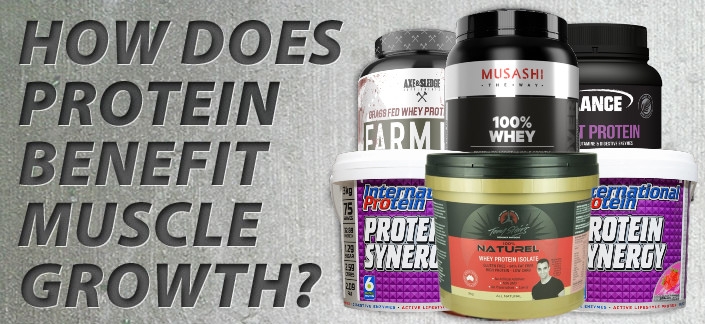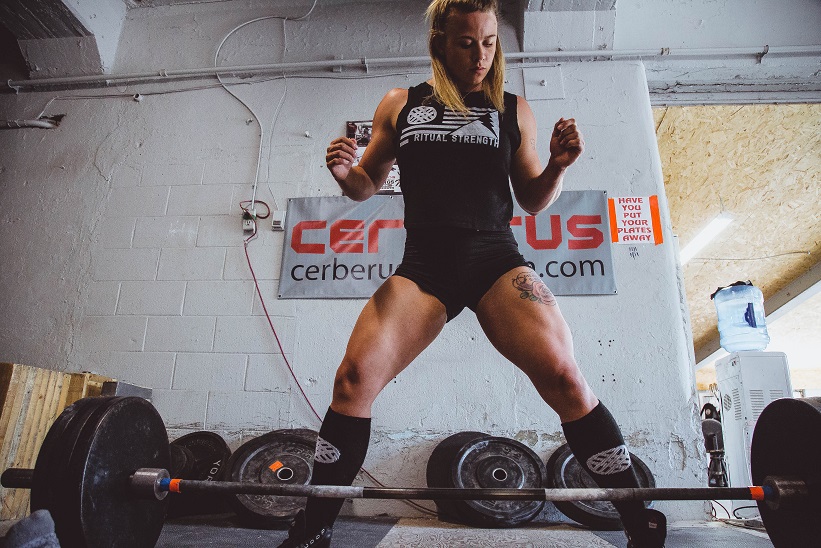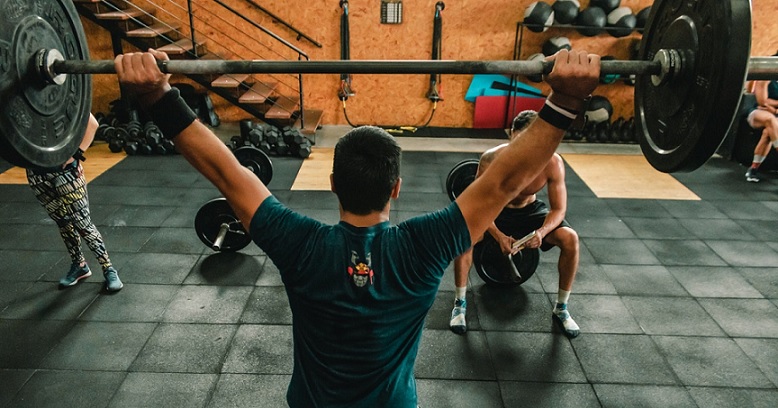How Does Protein Benefit Muscle Growth?

Intense training such as body-building may require a level of muscle damage to be achieved. Muscle damage maximises progress in body-building. As a result, those involved in intense training programmes may experience micro muscle trauma or delayed onset muscle soreness (DOMS).
The idea of 'no pain, no gain' holds water for those indulging in intense workouts, but it is important to care for your damaged muscles, strengthen and protect muscle fibres to avoid long term, chronic injuries and build bulk. Many athletes take protein powder supplements to aid the reparation process.
Protein is an essential nutrient. The average daily intake of protein should be approximately 56g for men and 45g for women (based on around 2000 calorie intake per day). If an individual is undergoing intense workouts this amount may need to be increased.
Any excess protein can be transformed into energy, 1g of protein providing approximately 17kj of energy. The extra energy can help to increase performance during an intense workout phase.

The post training anabolic window is a period of time after your workout where nutrient timing is essential. Rebuilding damaged muscle tissue and restoring reserves of energy is often supercharged in this post workout phase.
The anabolic window is recognised to be a period of time lasting between 2 to 48 hours after a workout. Consuming post workout protein shakes can help to promote muscle repair, increase muscle glycogen content, as well as boost the level of amino acids in muscle. One of the advantages of taking a protein powder is that each dose is quantifiable.
When trying to achieve the same level of nutrition from food, measuring the exact amount of nutritional value can be difficult. Protein powder supplements make nutritional regulation more attainable for busy sports people.
Protein supplies are needed to allow muscle development. The body does not store protein, however, it consumes large amounts of it. Without additional sources of protein new muscle growth will not be a walk in the park.

The bio-availability of protein shakes means that the nutrients can be absorbed into the body and perform quickly. After a workout amino acids start to build and repair muscle tissue, adding extra protein in the form of a protein shake may aid the process, ensuring your body is receiving the correct nutrients to build new muscle.
Amino acids and the bio-availability of nutrients after a workout are important, as are the other health benefits. Many food stuffs and protein powders by default contain B vitamins. B vitamins include thiamine, riboflavin, niacin, pantothenic acid, B6, biotin and B12.
Many B vitamins are important in assisting in new muscle growth. For example Thiamine or vitamin B1, aids red blood cell production, which in turn assists in the process of oxygenating the body, including the muscles.

Vitamin B1 is known as the 'anti-stress' vitamin as it helps the body to cope with any stresses it may encounter, which includes those which may be experienced during an intense workout. B vitamins help to metabolise proteins, assisting the absorption and distribution throughout the body.
To conclude, the importance of protein consumption to benefit muscle growth is clear. Our bodies do not store protein so restoring our reserves with supplements, such as protein powders, or eating the correct foodstuffs is essential.
Not only does protein have a positive impact on energy levels and performance, it also helps in the production and delivery of amino acids to where they are needed to repair and build new muscle after an intense workout phase.








